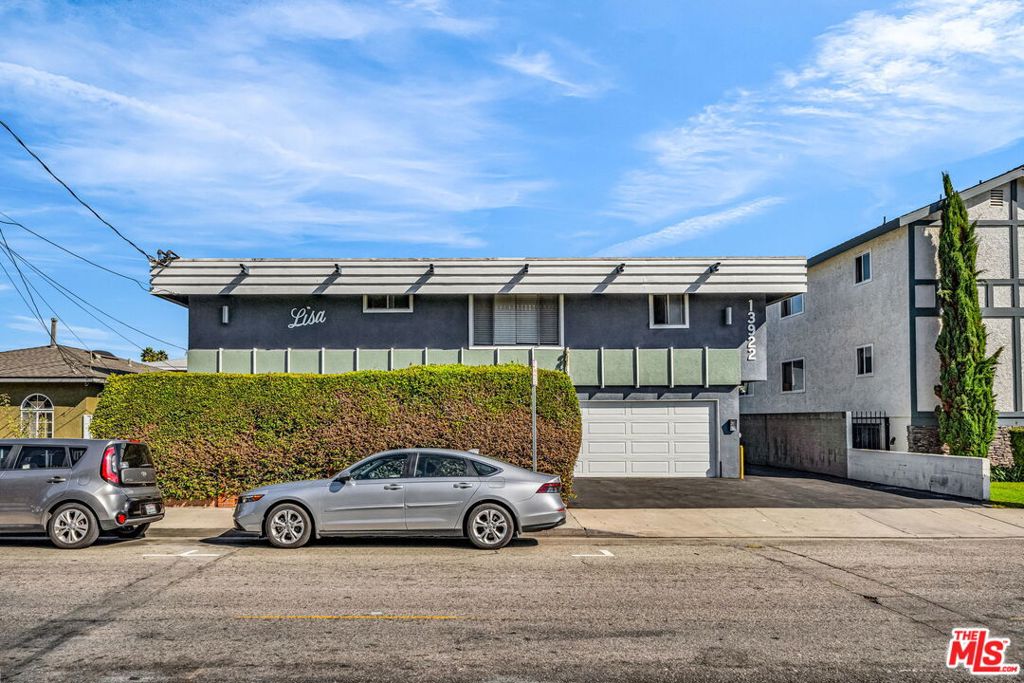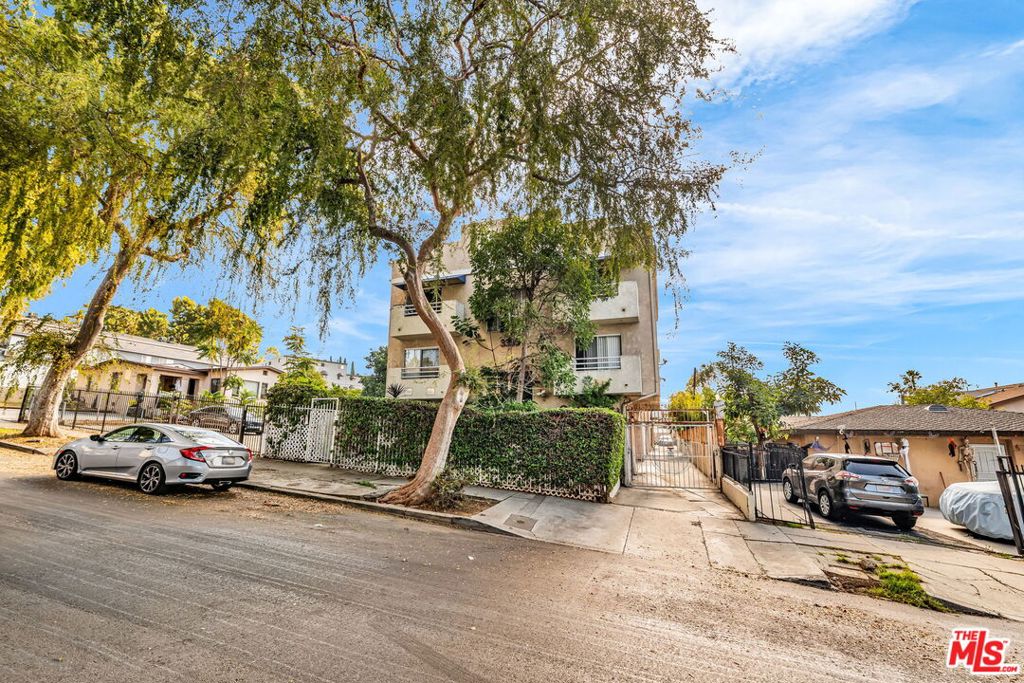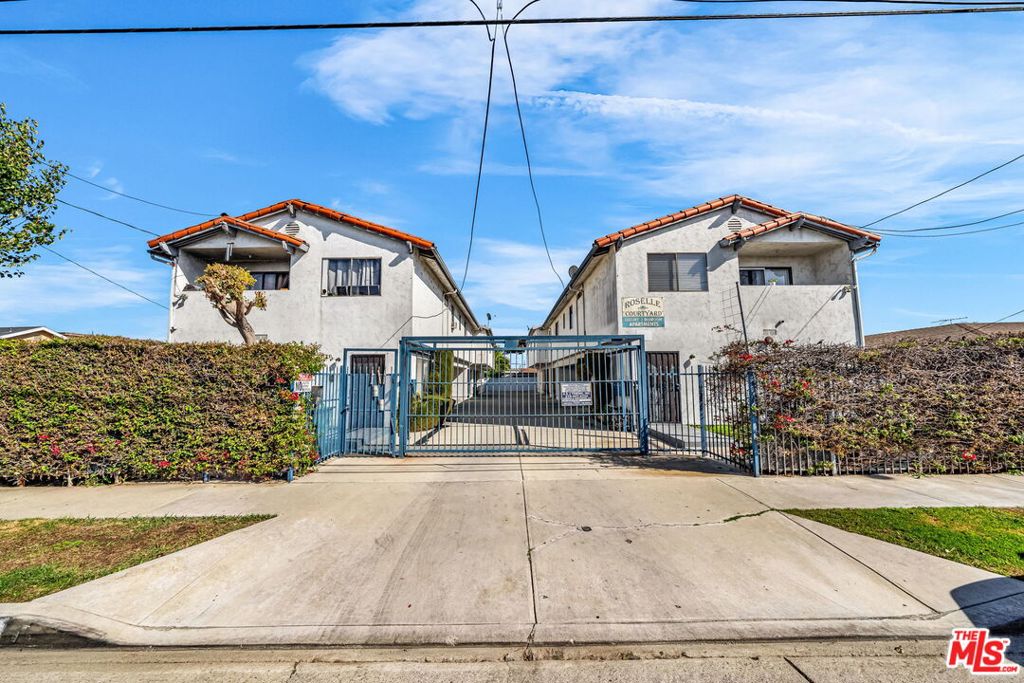Owning a home is still “the American dream” in many circles. Yet, buying a home and owning real estate of any kind might seem out of reach. In this post, we plan to give some tips on even thinking about purchasing real estate, specifically how to save money for that down payment.
LOW INCOMES MAKE IT HARDER, BUT YOU CAN DO IT
We get it. During the latest worldwide pandemic, people struggled with low or no income. Businesses folded. People had to make do.
We know that probate, trust, or conservatorship properties usually sell for less money than homes and business buildings sold on the “normal” real estate markets. Trying to save money for a down payment can be tricky on one income or even two with several mouths to feed!
Keep the goal in view, and keep reading.
You can do it!
HOW MUCH WILL YOU NEED FOR A DOWN PAYMENT?
It depends on a few things.
- THE TYPE OF HOME LOAN
Conventional loans tend to have higher down payment requirements ranging from 5% to 20%. The FHA (Federal Housing Administration) loans may offer down payments as low as 3.5% or require no down payment. They often carry Mortgage Insurance Plans that need to be considered. Check with us. The CREM Group has lots of experience in home sales and home financing, with people in the business who can also advise you.
- THE BANK’S ASSESSMENT OF THE LEVEL OF RISK
The bank assesses the risk of your ability to repay the loan. They use your income level, credit score, credit report, and the loan-to-value (LTV) ratio. The higher the LTV, the ‘riskier’ the loan because you will owe more money against a property the bank has to hassle with selling if you default.
- THE DOWN PAYMENT + CLOSING COSTS + NEW HOUSE EXPENSES
Save more than the down payment. You could have to fund or finance taxes and insurance, and maybe some move-in items. It depends; and it’s best to be prepared.
DO THE MATH
A $750,000 home with a 3.5% down payment (FHA is a good place to look for first-time home buyers) would mean a down payment of $26,250. If you want to buy a home in five years, you need to save $14.38 per day. ($26,250/(5 years x 365 days in a year) = $26,250/1,825 days = $14.38/day. It’s not a lot on the one hand, but it can cramp your style, too. Challenge yourself. Make it fun.
Below are some ways to start.
A DOWN-PAYMENT TWELVE-STEP PROGRAM
- ASK FAMILY MEMBERS FOR HELP
Parents, grandparents, uncles, aunts, siblings, etc., may be willing to gift you a savings-starter birthday or Christmas or Hanukkah check; or you can ask to borrow some of the amount you need with interest, and then pay it back monthly, or after you sell your fantastic new home or commercial property.
- BORROW FROM YOURSELF.
You may have an investment account(s) such as an IRA, life insurance policy, or annuity. Check with an accountant for rules on this.
- GENERATE A PLAN TO SAVE MONEY OVER TIME AND DEPOSIT TO AN EXCLUSIVE ‘HOUSE DOWN PAYMENT’ ACCOUNT.
Some banks let you set up named sub-savings accounts and let you do an automatic transfer into that account, so you don’t get your clutches on your money. Also, put loose change from your pockets into a jar every day. It adds up after a while, but you must get it to the bank and not spend it.
- SELL THINGS ON EBAY TO GENERATE CASH.
Maybe you have collectibles or unused exercise equipment pieces that are taking up space.
- SPEAKING OF SELLING, SELL YOUR TIME.
You could get another job, such as driving for Uber, UPS, or Amazon.
- GET A THIRD FLEXIBLE income source, SUCH as walking dogs or …?
Can you help people move? Fix their computers? Walk their dogs? Tutor their kids?
- DROP YOUR TAX REFUND INTO THE HOUSE DOWN PAYMENT ACCOUNT YOU CREATED IN #3.
Try not to spend any of it. Save some of the refund for that House Down Payment account and buy a CD with the rest.
- REDUCE YOUR EXPENSES.
Can you cut out $14.38 per day? Cancel any unused memberships. Work out at home with YouTube videos to save on gym dues. Lower costs on utilities by adjusting thermostats and turning off lights. Change mobile phone companies. Bring lunch to work from home. (Saving $5 to $7 per day can cut the necessary $14.38 to only $7 to $9 daily.) Reduce Starbucks purchases to a once-a-week treat. Shop sales and consignment stores. Minimize dining out.
- INSTEAD OF PAYING CASH FOR SERVICES, TRY BARTERING.
For example, fix someone’s shower if they help you with electrical wiring.
- Tell people you’re looking for ODD JOBS.
Maybe you can sweep leaves. Paint a fence. Run errands for shut-ins. It all adds up.
- RENT out AN EXTRA BEDROOM in Your apartment or house.
If the place you’re renting has an extra bedroom, offer to sub-let it to someone (maybe a student) who needs a room. Do you have a garage space? Park your car on the street (legally) and rent your garage to a neighbor who needs temporary storage.
- ADD YOUR OWN MONEY-SAVING IDEAS. IF YOU WANT TO BUY A HOME, BE CREATIVE AND START SAVING BECAUSE real estate ownership IS A GOOD INVESTMENT.
As realtors for many years in Southern California, specifically as probate realtors, we at The CREM Group have seen that saving for a down payment requires discipline and creativity. Whether you’re looking in Orange County, LA County, or San Bernardino Counties, you will see properties of various prices and sizes always come on the market.
If you’ve saved for it, you will be ready to buy when your dream home or first income property becomes available. It might also be a good idea to pre-qualify yourself for a loan, to have better bargaining power, and to see if you can conceivably lower your interest rate and your payments by increasing your income and raising that down payment amount.
Remember that your P & I (Principal and Interest) payments are usually less than your apartment rent! And you will be a homeowner instead of a tenant for the rest of your life.
Also, be aware that buying a probate or trust home requires that you wade through a lengthy probate process, which can take up to a year. Two advantages: 1) The probate property costs less, and 2) that’s more time to save money!
When you search for either a probate home or a non-probate home, you might decide on a “fixer-upper” if you’re particularly handy. Still, when you go to buy a home, remember to include a little extra in that savings account for unplanned expenses.
WHAT WE RECOMMEND FOR PROBATE OR “REGULAR” real estate BUYERS
- Do your homework. Read about financing. Pay attention to trends and save every day. Try to keep your eyes on your goal of homeownership or owning real estate in general. Research state and county programs for down payment assistance where loan offerings may provide grants or subsidies.
- Make a list of your expenses. (Okay—make a budget.) Look for ways to make more, spend less, and save a little extra every day.
- Reward yourself! Not extravagantly, but little prizes will go a long way toward helping you stay on the wagon. Every few hundred dollars, make a run to an inexpensive restaurant for a change, go to the beach, or get a gelato.
WORK WITH EXPERIENCED INDIVIDUALS
We are serious about this. Be sure to surround yourself with people (like The CREM Group) knowledgeable about markets, homes, neighborhoods, and lenders. The pandemic has ended, and real estate transactions—whether probate, conservatorship, trust, or otherwise—will trend up and down, like they always have. Here’s the difference: with your savings in place, you will be ready to rock and roll on your first home!
As long-time probate real estate agents and as attorneys working in and around all kinds of properties in Los Angeles and Orange Counties, The CREM Group has made sure we support our clients so they know the alternatives to buying, selling, or renting probate, trust, and conservatorship homes and commercial properties in California.
– – – – –
As always, contact us by email here if you have any questions about real estate, probate real estate, conservatorship, or trust real estate properties, especially in Los Angeles and Orange Counties in California.
DISCLAIMER: This content is meant purely for educational purposes. It contains only general information about real estate and legal matters. It is NOT legal advice and should not be treated as such. We recommend consulting a legal or tax professional before acting on any material, opinion, or perspective described herein.



